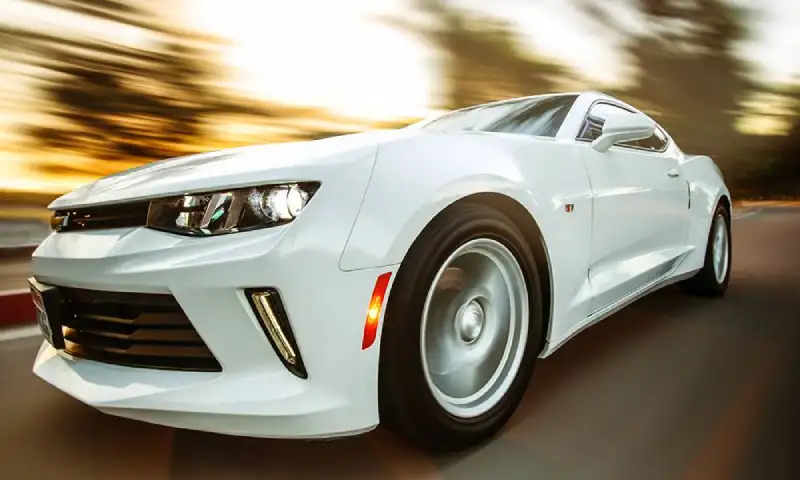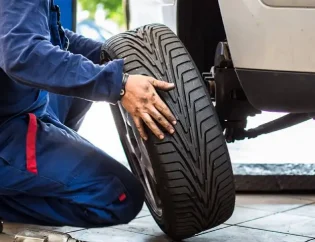As weather conditions change, it is recommended to replace the tires from winter tires to summer tires and vice versa. This is to ensure a much greater grip of the car to the ground and also allows for a comfortable ride, regardless of road conditions. However, many motorists decide to buy all-season tires. Is this a good solution?
All-season tires are otherwise referred to as all-season tires. They combine the properties of winter and summer tires. They are made of a rubber compound characterized by an increased amount of silica. This allows for high flexibility of tires that do not harden due to frost. In addition, the tread pattern of such tires is also specific. It has some of the summer models - a characteristic pattern and some of the "winter tires" - numerous indents and grooves. Such a compromise in the construction of tires guarantees good contact of the car with the road, both when there is slush or puddles, as well as when the driver is moving on a completely dry surface.
All-season tires and driving comfort
Despite the fact that all-season tires are considered a kind of golden mean, drivers cannot be 100% sure that their quality will be exactly as high as typical summer or winter tires. Unfortunately, there is no possibility of a perfect combination of such diverse properties as monograde tires have. The shortcomings will be noticeable both in winter and summer. All-season tires will not provide exactly the same grip on a slippery road as winter tires, while in summer - on a very hot surface - you will not be able to brake efficiently, as it is possible with summer tires. It is also worth mentioning that continuous driving on all-season tires leads to their faster wear. So it is not entirely true that this type of tire is a way to save money. Yes, we buy one model, not two types for a particular season, but all-season tires are constantly used and subjected to various road conditions, as a consequence of which they will serve for a much shorter period of time.


